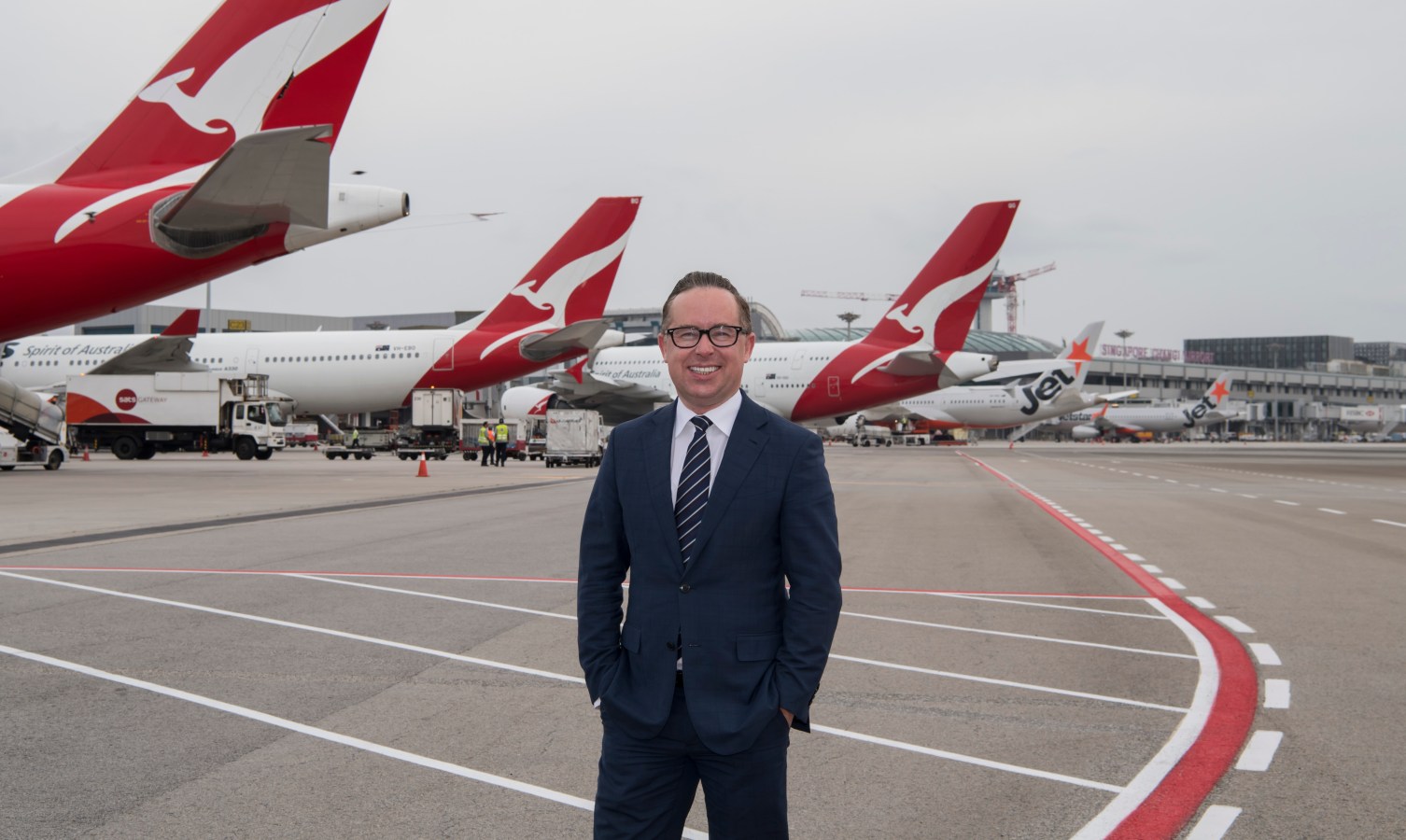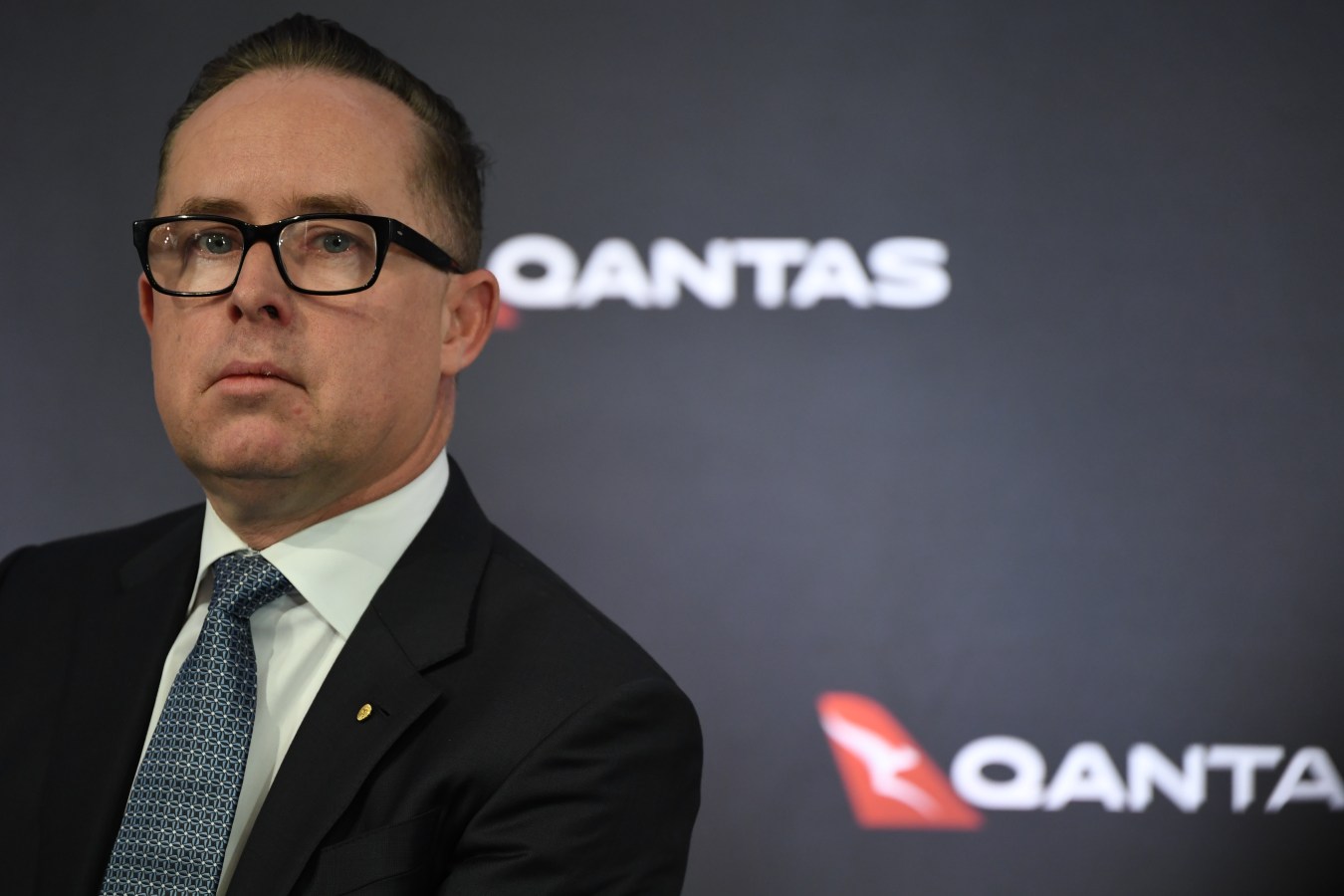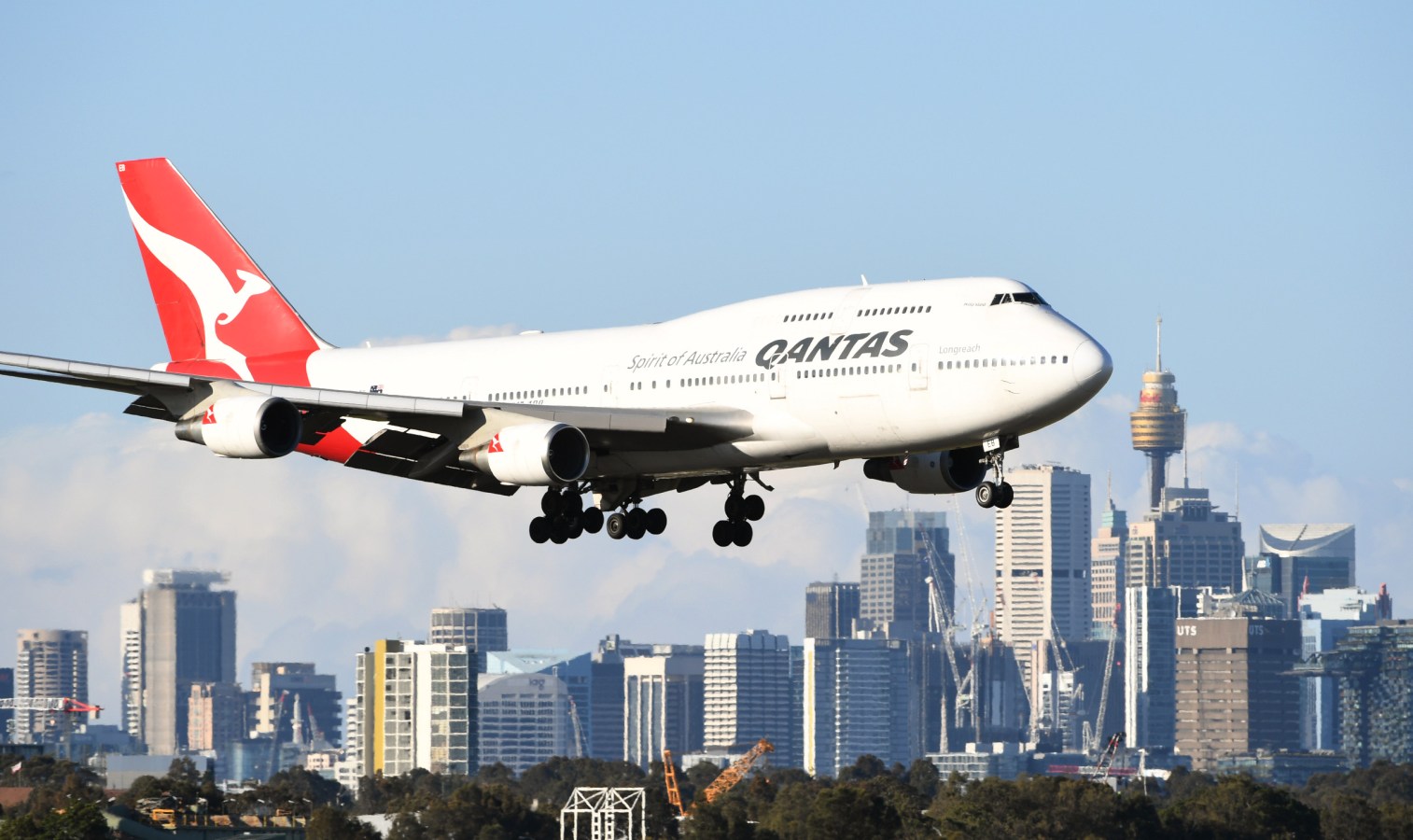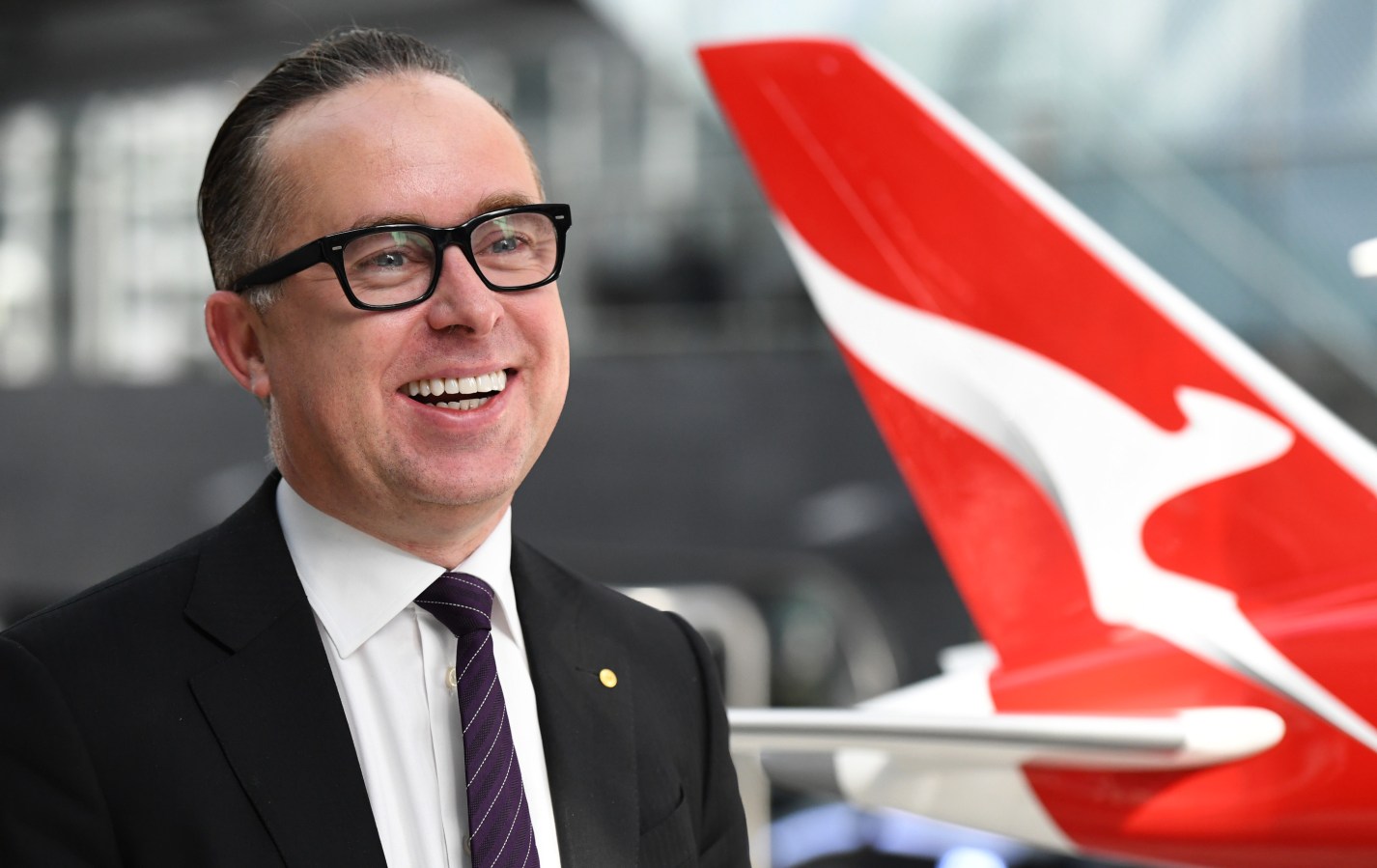The Australian government’s decision to block Qatar Airways’ bid for additional flights is facing severe backlash. Here’s how Qantas got caught in the crossfire – and where the Government stands.
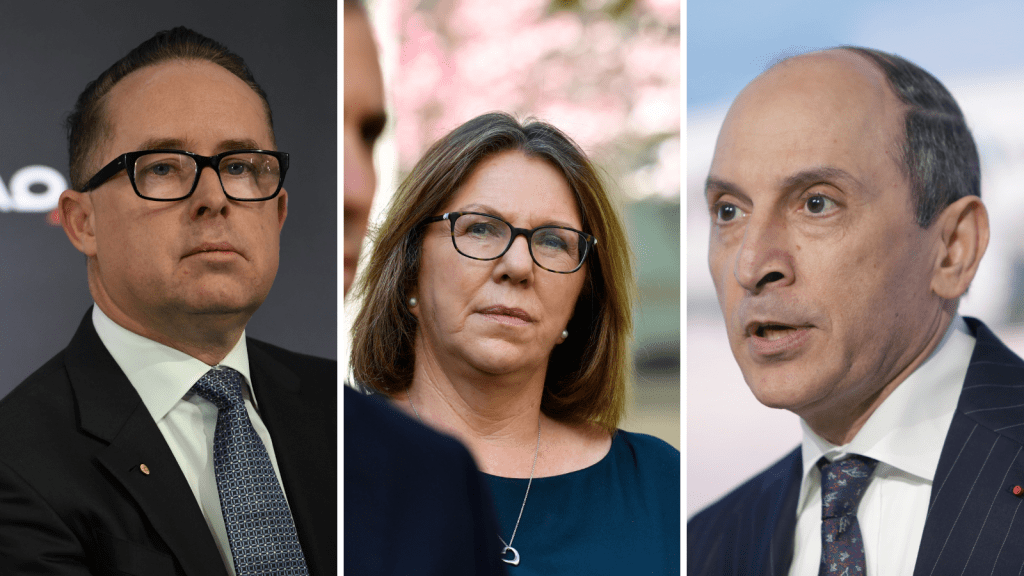
Qatar Airways bids for more flights
In October 2022, Qatar Airways wrote to the Government, making an application for an extra 21 weekly flights into Australian major cities. That’s on top of the 28 it already operates.
At the time, Qantas, who along with Qatar is part of the oneworld alliance, wrote to the government, opposing the bid. The airline reportedly said it would cause Australian job losses and that it was unfair to non-government-funded airlines.
Qatar Airways CEO Akbar Al Baker told Sky News at the time:
“The largest operator in Australia has cut its flight to 50 percent of pre-Covid level, more than doubled the price of the fares to the Australian people in the benefit of the shareholders. In addition, getting billions of dollars of state aid during the pandemic period in 20 and 21.
“And at the same time, even their large international partner has also cut flights to only 50 percent to pre-Covid levels. While we are offering an alternative to the Australian people who we always like to serve.”
Australian government blocks Qatar Airways’ bid
In July 2023, Transport Minister Catherine King announced the Government’s decision to reject Qatar’s application. Minister King said the extra flights were not in the country’s national interests. It comes at a time when international airfares remain sky-high and airlines, like Qantas, post record profits.
When asked whether her decision was in relation to legal action launched by Australian women against Qatar Airways over a forced examination in 2020, Minister King said this: “the government at this time has decided not to approve the Qatar Civil Aviation Authority request for additional services, taking into account all national interest considerations”.
The rejection is criticised by industry bodies, like the Australian Airports Association. At the time, AAA CEO James Goodwin told media this was a “bad outcome for tourism and sent a bad signal to international carriers wanting to fly in and out of Australia”, adding, “more seats means more competition and that is what we need to improve connectivity and to help bring down airfares”.
Qantas’ Alan Joyce fronts Senate Inquiry
In late August, former Qantas CEO Alan Joyce, who brought forward his resignation amidst the turbulence for the airline, faced a senate inquiry into the cost of living. The airline has just posted a $2.5 billion profit – its first full-year statutory profit after tax since FY19.
Joyce confirmed the airline wrote to the government opposing Qatar Airways’ bid. “We think Australia should protect its national interest,” he said during the inquiry. The airline is also grilled over its outstanding travel credits. It later removes the expiration date of the credits.
Related
Industry experts criticise the Government’s rejection of Qatar’s bid
Chair of the consumer watchdog, Gina Cass-Gottlieb, confirms that if Qatar were to add more flights, airfares would have been cheaper for Australians.
Flight Centre co-founder Skroo Turner also embarks on a campaign against the government’s decision to block Qatar’s bid, with the travel firm launching a new ad saying, ‘More seats drive down prices. Let ’em fly.’
Virgin Australia’s CEO also condemns the government’s decision, saying, “You need to add more seats where the demand exists”. Virgin and Qatar have a codeshare agreement.
A senate inquiry into blocked Qatar flights is established
The opposition succeeds in getting a senate inquiry into the government’s decision to block Qatar Airways’ bid across the line – by a single vote. The inquiry’s scope was broadened to investigate all federal government decisions relating to commonwealth bilateral air service agreements received in the last 12 months.
“The Senate will now hold a special inquiry into why the prime minister and his government is standing in the way of cheaper air fares,” Nationals senator Bridget McKenzie, who drove the agenda, said at the time. McKenzie, who accused the government of running a “protection racket” for Qantas, added, “This is a win for everyday Australians who want more competition and lower air fares in our aviation sector”.
The government maintains its decision had no commercial factors and was in the national interest. Joyce could join successor Vanessa Hudson in fronting another Senate grilling.
Look back on the week that was with hand-picked articles from Australia and around the world. Sign up to the Forbes Australia newsletter here or become a member here.
